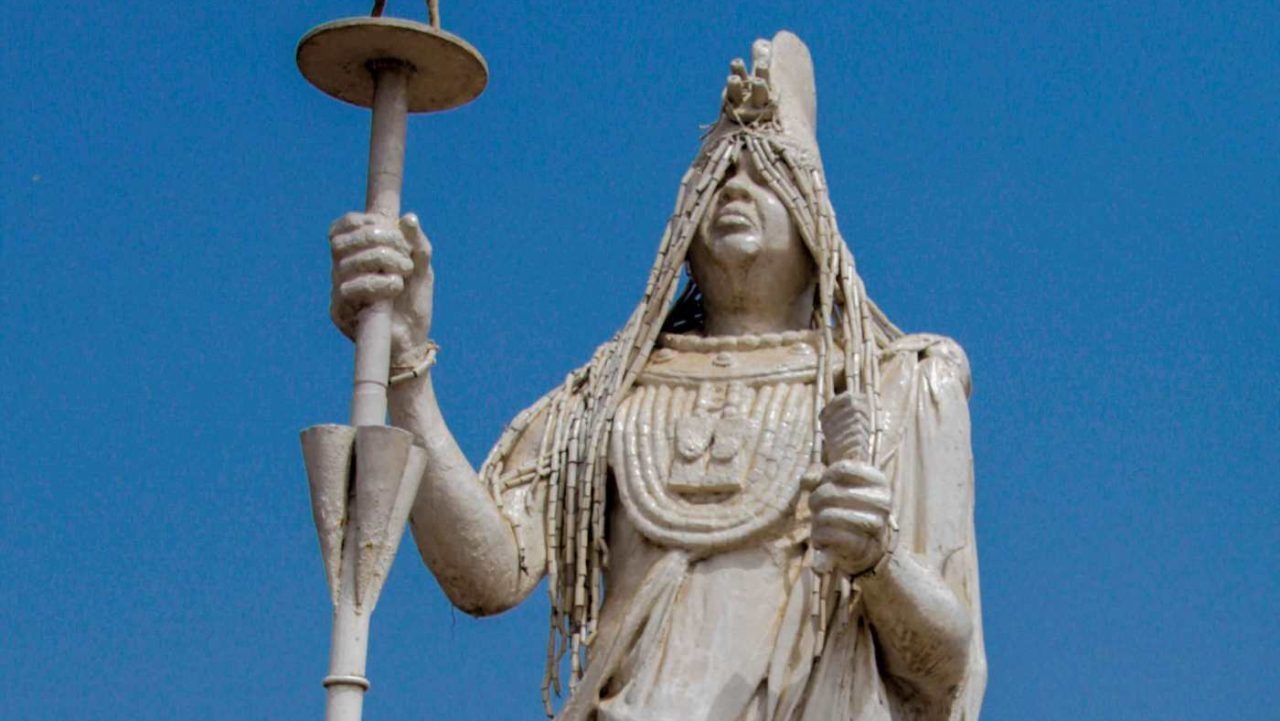Nigeria’s history is not just in textbooks, it lives and breathes in the old streets, clay walls, royal courts, and ancestral traditions of its historical towns. These towns are silent storytellers, offering glimpses into the civilizations, kingdoms, struggles, and cultural richness that shaped the nation we know today. From ancient empires to colonial encounters, here are some of Nigeria’s most remarkable historical towns that tell our story.
1. Ile-Ife – The Cradle of the Yoruba Civilization
Often referred to as the spiritual heart of the Yoruba people, Ile-Ife is believed to be the birthplace of humanity according to Yoruba mythology. This ancient town, dating back to the 11th century, was once a powerful kingdom and a major centre of art, religion, and culture. The famous Ife bronze heads lifelike sculptures made from brass and copper stand as enduring proof of a sophisticated civilization long before European contact.
What to See: The Ooni’s Palace, National Museum Ile-Ife, and the ancient shrines and sacred groves.
2. Benin City – Legacy of the Benin Empire
The historic Benin City, capital of the once-mighty Benin Empire, showcases the ingenuity of pre-colonial African administration, military prowess, and art. The city was known for its well-planned road network and the Benin Bronzes, which are now housed in museums around the world. The walls of Benin said to be one of the largest man-made structures ever built were a marvel of urban engineering.
What to See: Benin Royal Palace, National Museum Benin, Igun Street (home of the bronze casters).
3. Kano – Ancient Trade and Islamic Heritage
Kano is one of the oldest cities in West Africa, with over a thousand years of continuous habitation. It was a major hub in the trans-Saharan trade network, known for leather, textiles, and Islamic scholarship. The Kano City Wall, originally built to protect the city, still stands as a testament to its former glory.
What to See: Emir’s Palace, Kurmi Market (one of Africa’s oldest), Gidan Makama Museum.
4. Oyo – Seat of a Great Empire
Before colonial Nigeria, Old Oyo was the political and military heart of the powerful Oyo Empire. Its rulers, the Alaafins, presided over a vast and organized empire that stretched beyond modern-day Nigeria. Today, Oyo town and the nearby ruins of Old Oyo National Park remind us of this once-dominant power.
What to See: Alaafin’s Palace, Old Oyo archaeological sites, Oyo cultural festivals.
5. Calabar – Gateway to the Colonial Era
Located in southeastern Nigeria, Calabar was a major port during the slave trade and later became the first capital of colonial Nigeria. It was a center for missionary activities, Western education, and trade. The city’s preserved colonial architecture and museums narrate a sobering but important chapter of Nigeria’s encounter with Europe.
What to See: Old Residency Museum, Duke Town Church, Mary Slessor’s House.
6. Abeokuta – City Under the Rock
Nestled beneath the imposing Olumo Rock, Abeokuta (“under the rock”) was a refuge for the Egba people during inter-tribal wars in the 19th century. The city rose to prominence for its resistance against colonial influence and its deep cultural roots. It was also home to notable nationalists like Funmilayo Ransome-Kuti.
What to See: Olumo Rock, Centenary Hall, Kuti Heritage Museum.
7. Nsukka – Intellectual and Cultural Beacon
While not ancient, Nsukka holds a critical place in Nigeria’s modern history as a center of Igbo culture and intellectual thought. Home to the University of Nigeria, founded by Nnamdi Azikiwe in 1960, Nsukka has been at the forefront of post-independence education and arts.
What to See: University of Nigeria campus, Nsukka pottery centers, local cultural festivals.
Why These Towns Matter
These historical towns are more than tourist destinations they are living archives of Nigeria’s collective journey. They tell stories of kings and empires, of resilience and resistance, of innovation, creativity, and pride. Visiting them connects us to the people, values, and events that have shaped Nigeria into what it is today.
Search






